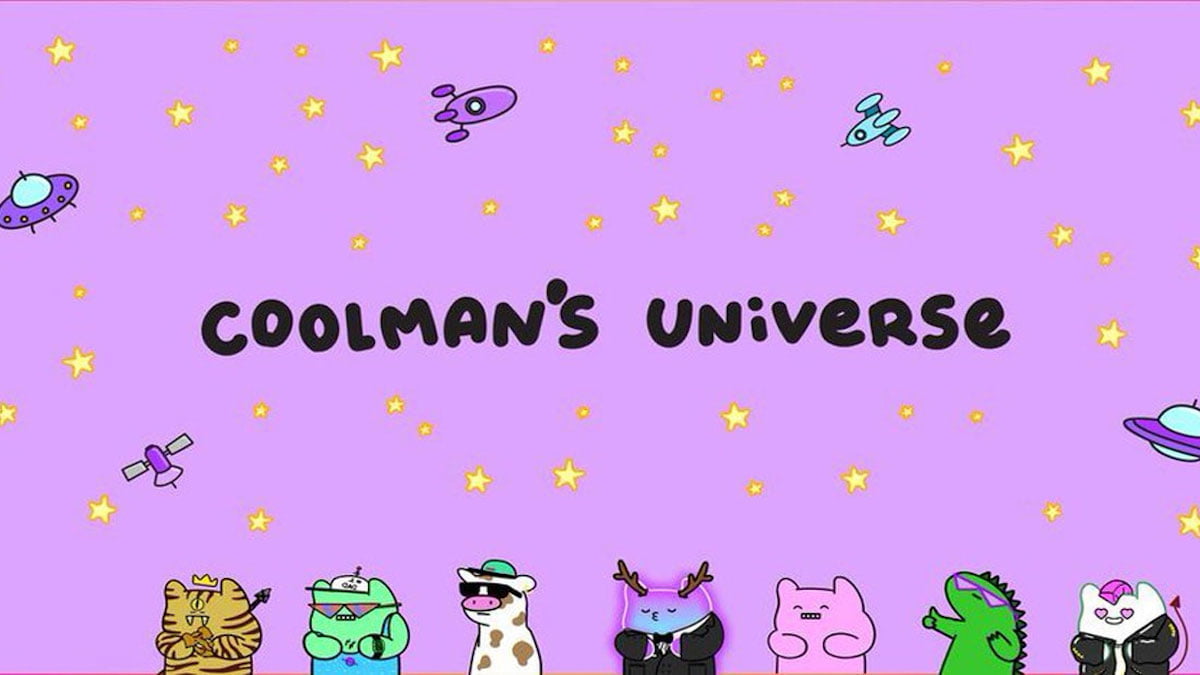A Florida judge ruled in favor of digital artist Danny Casale, dismissing a breach of contract lawsuit filed against him by web3 collective DigiART. The case revolved around a pivotal issue: the absence of a start date in the contract between the two parties.
DigiART had claimed exclusive rights to market and sell Casale’s NFTs from May 2021 to May 2022, with an agreement to split initial sale profits evenly. However, the contract’s lack of a specified start date led to the case’s dismissal.
The Backstory
Marcel Katz, described as Casale’s “east coast representative,” had proposed the partnership with DigiART, focusing solely on NFT sales. Casale signed the draft agreement on April 30, 2021. Notably, the contract did not include a start date at the time of signing. Katz later filled in the start date as May 2, 2021.
In March 2021, prior to signing the agreement with DigiART, Casale had launched an NFT project called Coolman’s Universe. The project has been valued at more than ETH 18,000, equivalent to approximately $50 million, on the NFT marketplace OpenSea.
A Lesson in Contract Law
DigiART alleged that Casale breached the contract by launching Coolman’s Universe after the agreement was signed. However, they did not inform him of the alleged violation until months later.
Judge Wendy Berger dismissed the case against Casale, stating that the presence of blanks in a contract is “fatal to the enforcement” of that contract. DigiART and their attorneys did not respond to requests for comment on the case.
The ruling serves as a cautionary tale for artists, collectors, and web3 collectives engaging in contractual agreements in the rapidly evolving NFT space. Legal experts emphasize the importance of clearly defined terms, including start and end dates, to avoid ambiguities that could lead to disputes.
Conclusion
This case underscores the complexities involved in legal agreements within the NFT and broader web3 ecosystem. As the industry continues to grow, the need for comprehensive and unambiguous contracts becomes increasingly important to ensure that both parties’ interests are adequately protected.
Credit: Source link
































